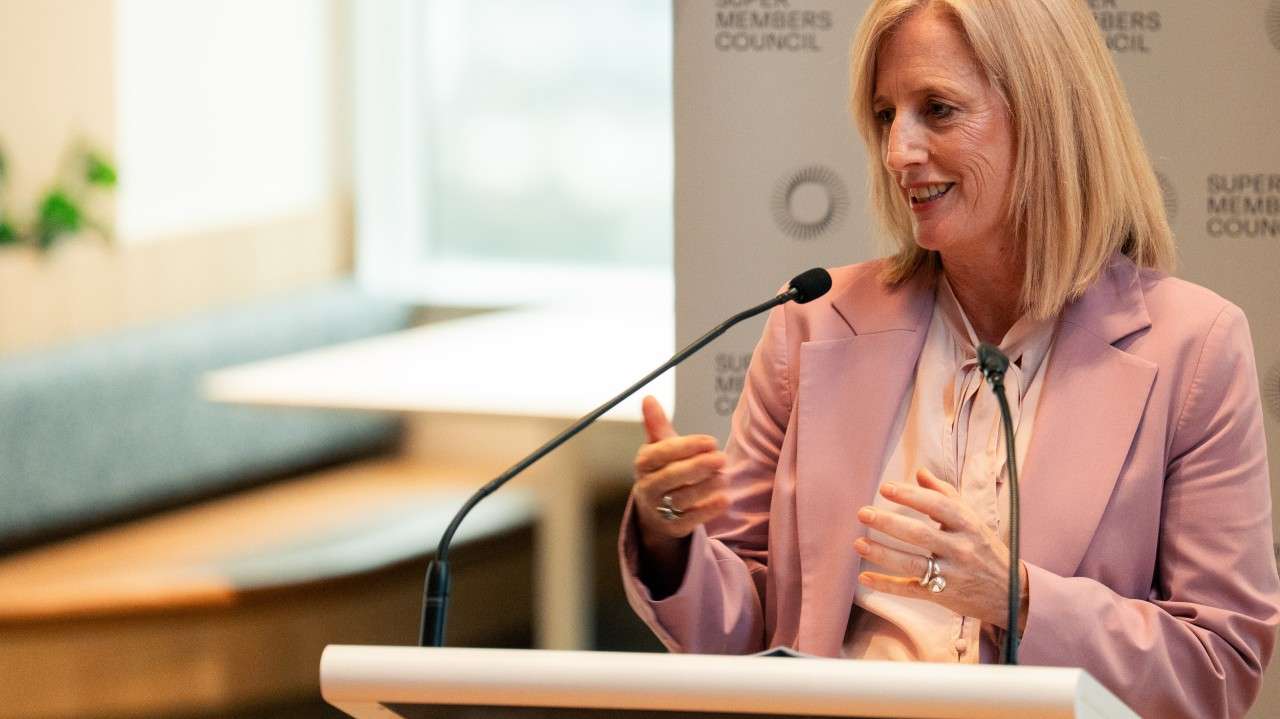On Tuesday, a landmark new report for the Super Members Council (SMC) by Impact Economics and Policy, was launched at a packed event in Melbourne by Minister for Finance and Women, Senator the Hon Katy Gallagher.
The report sounds the alarm on a looming crisis that demands our collective action: the growing risk of poverty among older women in retirement, particularly single women and renters.
The numbers are sobering. Women retire with 25% less super than men, and the median super balance for women aged 60–64 is a staggering $51,000 lower. Nearly 60% of older female renters already live below the poverty line.
These gaps are not just the result of historical inequalities in pay and workforce participation but are now being driven by later-in-life events—separation, unpaid caregiving, and family violence—that force women into early retirement or part-time work, eroding their ability to save.
This must serve as a wakeup call for policymakers and the superannuation sector that urgent action is needed.
These are deeply complex issues that must be solved by policy ideas that strengthen women’s economic security through having strong super in retirement.
Ideas such as allowing women to withdraw super early to fund house deposits have been proposed in the past, but the evidence is crystal clear: taking super out early only makes women poorer in retirement and simultaneously makes housing more unaffordable.
The policy answer lies in urgent action to boost the supply and availability of affordable housing, and to further help the most vulnerable older renters with the costs of renting.
The advent of Paid Parental Leave, greater workforce flexibility, and the abolition in 2022 of a rule that excluded workers earning less than $450 a month from being paid super should rightly be celebrated.
But a bigger and bolder approach is needed, because on the current trajectory a crisis is inevitable. A crisis that sees thousands of vulnerable older women struggling to pay for the basics in retirement like food, energy bills and housing.
The report lays out how, with the right policy settings, we can avoid a crisis and put more women on track for economic security in retirement.
This article was originally published in our weekly super wrap email. Subscribe here.



